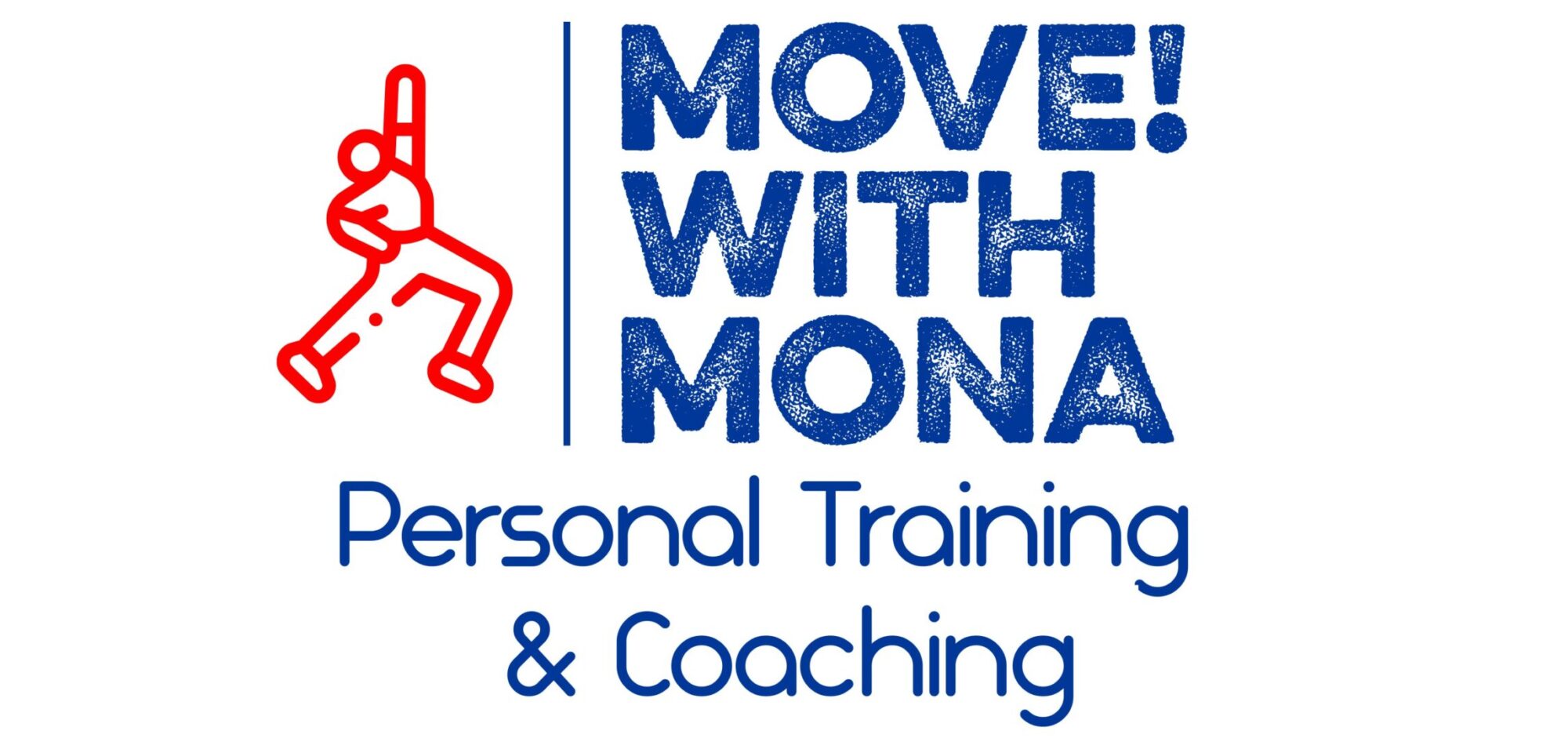In today’s fast-paced corporate world, the emphasis on achieving targets, meeting deadlines, and sustaining competitive advantage often overshadows an equally critical aspect of business success: employee wellbeing. For managers entrusted with overseeing wellbeing programmes, this responsibility is not just a checkbox exercise but a transformative opportunity to enhance productivity, reduce absenteeism, and foster a thriving workplace culture.
As a former HRD consultant with years of experience in organisations, running my own consultancy, and now a dedicated personal trainer, coach, and instructor of Pilates and yoga, I bring a unique perspective to the conversation about employee wellbeing. I’ve witnessed firsthand the tangible benefits of a holistic approach to workplace health—one that integrates physical fitness, mental resilience, and emotional support. Here’s why employee wellbeing should be at the top of your agenda and how you can make it impactful.
Why employee wellbeing matters
- Boosts productivity and performance Healthy employees are more focused, energised, and engaged. Studies consistently show that wellness programmes reduce stress, improve morale, and enhance cognitive function—all of which translate to better performance on the job.
- Reduces absenteeism and healthcare costs Employees who prioritise their physical and mental health are less likely to fall sick or experience burnout. This not only cuts down on absenteeism but also lowers healthcare costs for the organisation.
- Enhances employee retention Companies that invest in their employees’ wellbeing send a clear message: “We care about you as a person, not just as a worker.” This fosters loyalty and reduces turnover, saving the significant costs associated with recruiting and training new hires.
- Cultivates a positive workplace culture Wellbeing programmes create an environment where employees feel valued and supported. This sense of community can improve collaboration, creativity, and overall job satisfaction.
Common challenges managers face
Despite the benefits, many managers struggle with implementing effective wellbeing programmes. Common hurdles include:
- Lack of employee engagement or participation.
- Limited understanding of what constitutes a comprehensive wellbeing programme.
- Budget constraints or difficulty justifying the ROI of wellness initiatives.
- Balancing the diverse needs of employees with a one-size-fits-all approach.
Practical solutions for effective wellbeing programmes
- Adopt a holistic approach Employee wellbeing is more than just physical fitness. Incorporate elements of mental health support, stress management, and work-life balance into your programmes. For instance, mindfulness workshops or yoga sessions can complement traditional fitness classes.
- Personalisation is key Recognise that each employee has unique needs. Offer a variety of options, such as virtual or in-person sessions, group activities, and one-on-one coaching. Personalised programmes are more likely to resonate and yield results.
- Lead by example Managers play a pivotal role in shaping workplace culture. When leaders actively participate in wellbeing initiatives, it signals to employees that these efforts are valued and encouraged.
- Partner with experts Collaborating with professionals who specialise in wellness can elevate your programme’s effectiveness. As someone with a background in HRD and expertise in fitness, yoga, and coaching, I’ve successfully designed and executed programmes that meet diverse corporate needs. Since January 2024, I run Yoga sessions and other training sessions with Experian at their site in Nottingham, UK and online at the time this blog has been published.

How I can help
With my combined experience in HR and wellness, I understand both the organisational imperatives and the human side of wellbeing. Here’s what I bring to the table:
- Tailored programmes: I design solutions that align with your company’s goals and cater to your employees’ unique needs.
- Engaging sessions: Whether it’s Pilates, yoga, circuit training or mindfulness workshops, my sessions are designed to be inclusive, enjoyable, and impactful.
- Expert guidance: I provide actionable insights and practical strategies to embed wellbeing into your organisational culture.
Conclusion
Employee wellbeing is not a luxury; it’s a necessity in today’s corporate environment. By prioritising the health and happiness of your workforce, you’re not just enhancing their lives—you’re investing in the future success of your company/small business.
If you’re ready to take your employee wellbeing programmes to the next level, let’s connect. Together, we can create a healthier, happier, and more productive workplace.

